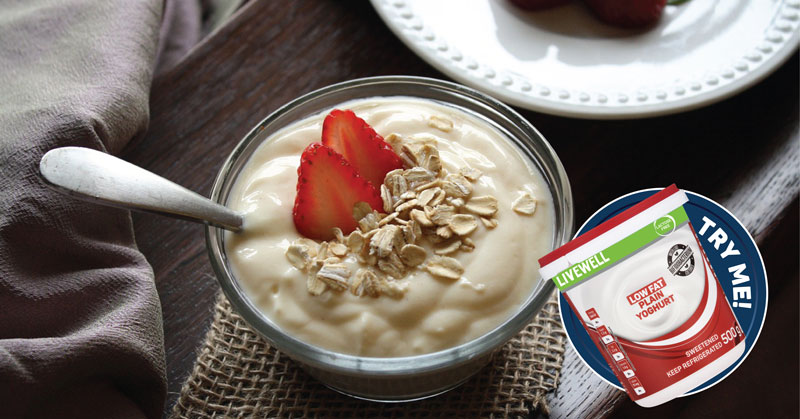Bacteria are often thought of as a source of disease, but in fact there are trillions of beneficial bacteria that live in human body that play an essential role in keeping you healthy. 99% of these good bacteria are found in our gastrointestinal tract and they are involved in digestion and immunity, protecting your body from infection. The ‘gut microbiome’ or ‘gut flora’ are names given to these vast colonies and it has a big influence not only on your immune system and digestion, but also your metabolism, body weight, appetite and mood.
Prebiotics vs probiotics
Prebiotics are non-digestible carbohydrate foods that act like fertilizers for the beneficial gut flora. These foods are complex carbohydrates, including garlic, onions, asparagus, bananas and whole grains.
Probiotics are foods or food supplements that contain a variety of beneficial live bacteria. Fermented foods, such as yoghurt, kefir, kombucha, miso, tempeh, kimchee and sauerkraut are good sources of probiotics. They help boost the gut flora and can improve digestion, boost immunity and reduce discomforts like gas and bloating.
Eating right for your microbes
Go plant-based. Include a wider range of plant-based foods, including fruits, vegetables, legumes, nuts and whole grains in your daily diet, as they feed the gut flora.
Focus on fibre. Probiotic bacteria use carbohydrate foods rich in fibre. Substitute refined carbs such as white bread and processed grains, with whole grains, bran-rich cereals, seed bread, rye bread, oats, quinoa, barley, beans, lentils, whole fruits and vegetables.
Have 5-9 servings of vegetables and fruit every day. The boost of antioxidants from a variety of vegetables and fruit is important for gut health.
Cut-back on highly processed foods. A diet high in refined carbs such as sugar, sweetened cold drinks, sweets, chips, baked goods and take-outs can compromise gut health.
Have a daily serving of probiotics. Yoghurts and kefir, enriched with live cultures are a great source of probiotics. Probiotic supplements are encouraged during periods of stress or illness or if you are taking antibiotics. Look for products that contain a variety of bacterial strains with a CFU (Colony Forming Units) in the billions.
Manage your stress. Sleep deprivation and stress can disrupt the balance of beneficial micro-organisms in the gut.
Exercise regularly. Movement promotes the numbers of good bacteria by reducing stress and promoting endorphins.
Quit smoking. Research has shown there may be a link between disrupted gut flora and the immune system with tobacco smoking.




















